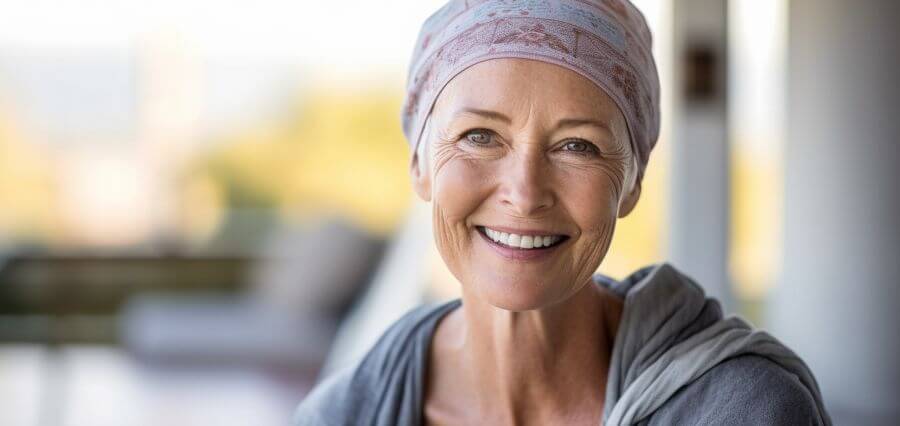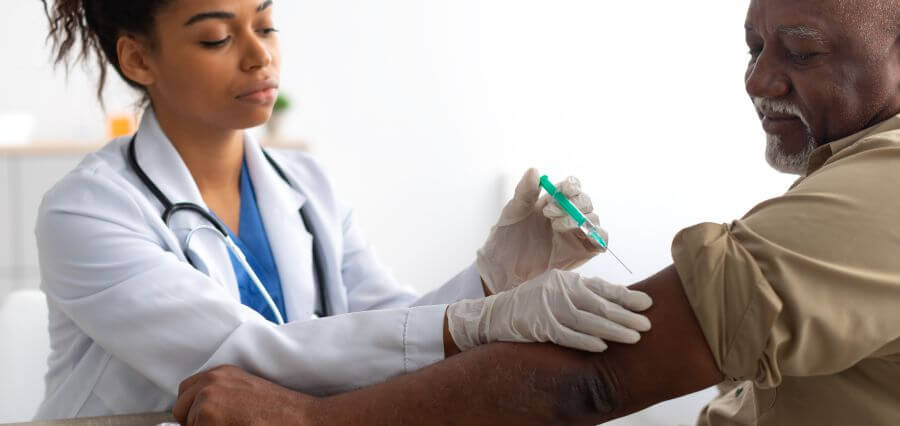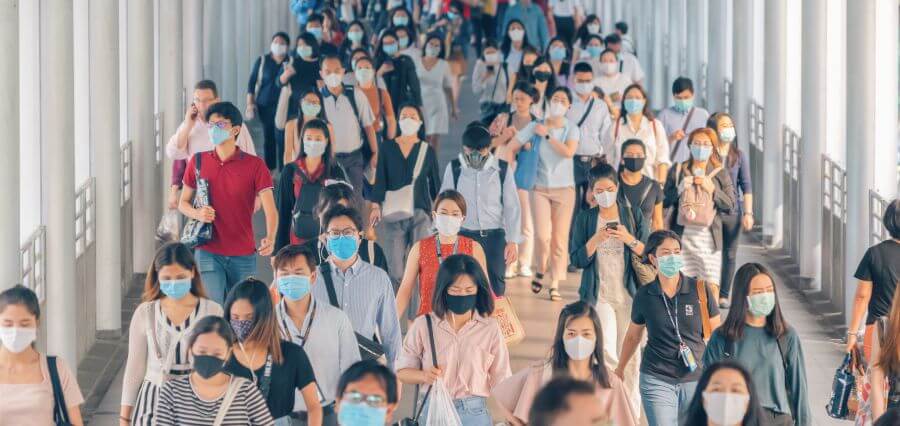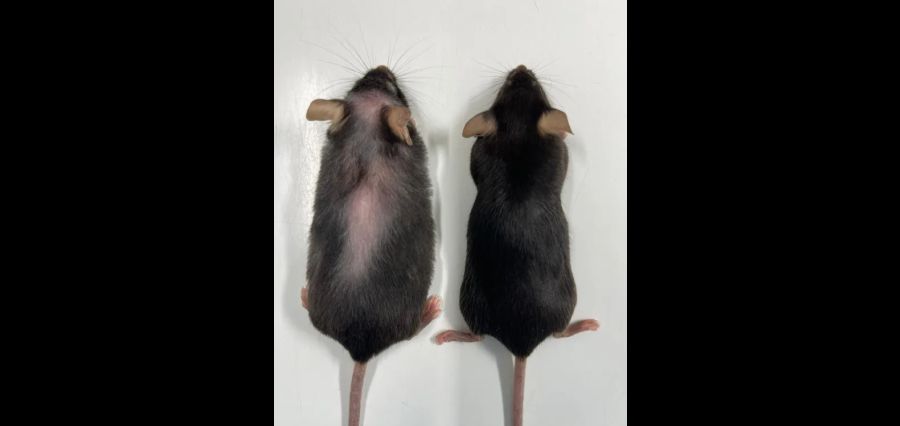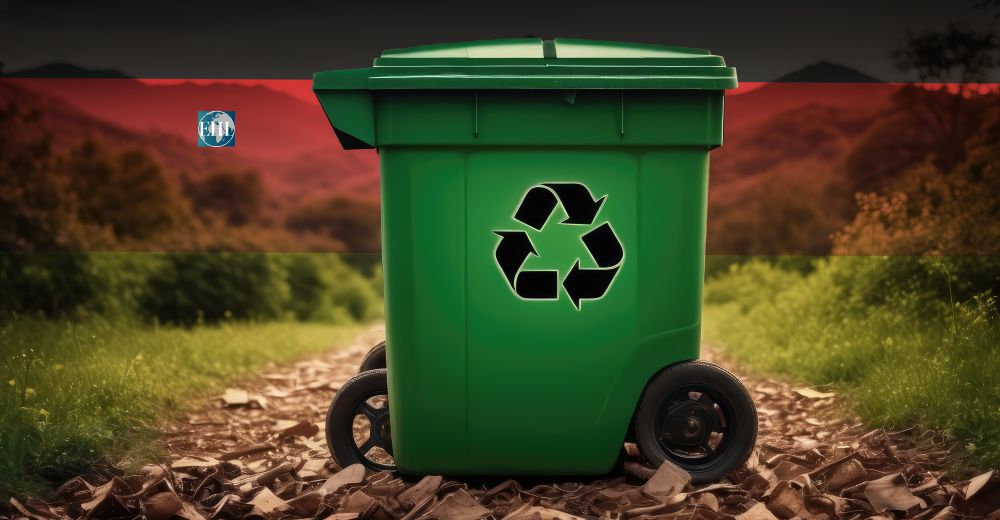The announcement that the Health Service Executive had authorized the novel medicine abemaciclib for the treatment of breast cancer was welcomed by Sharon Greeves as “the best news”.
In the midst of the Covid-19 epidemic in 2020, Ms. Greeves received a diagnosis of oestrogen-driven breast cancer. Oncologists estimate that this kind of breast cancer accounts for about 70% of cases, making it the most prevalent variety. But because there was a significant chance that Ms. Greeves’ cancer might recur, she was informed that she belonged to a smaller subgroup.
As a result, Ms. Greeves is 2.5 years into a ten-year hormone therapy treatment plan and is currently taking a medication called anastrozole. She has undergone numerous operations and is now cancer-free. “The treatment that I am on, people are normally on it for five years, but because I am a high-risk patient I have to take it for ten years,” said Ms Greeves.
“High risk, high chances of cancer returning, they are in my head all the time,” she stated. “I have to make an effort to be appreciative and mindful of the fact that I am undergoing treatment, and I am able to manage the side effects of the anti-hormone therapy by finding workarounds thanks to the Irish Cancer Society.” However, it does have consequences.
Since the pharmaceutical business Lilly Global Manufacturing produces abemaciclib, which was made available in the UK last year, Ms. Greeves had been keeping an eye on the possibility of its availability in Ireland.
When used in conjunction with hormone or endocrine therapy like Femera, Tamoxifen, and Anastrozole, it increases their efficacy and, in a large-scale worldwide trial, lowers the chance of long-term cancer recurrence by 32%. Abemaciclib, which has been approved by the HSE, will now be prescribed to individuals in Ireland who have high-risk oestrogen-driven breast cancer.
“If I am selected as a candidate, which I hope to be, this is really wonderful news. Even so, it’s great news that the risk has been reduced by about 30%. It’s vast,” Ms. Greeves remarked. Regarding her personal diagnosis, Ms. Greeves stated: “There’s even more hope now, but 20 years ago it would have been blanket chemo. The hormone treatment was available to me, which was a game changer at the time.””Hope is a crucial element that one must hold onto when facing a cancer diagnosis, and this new medication offers an even greater chance,” the speaker stated.
Read More: Click Here

